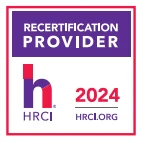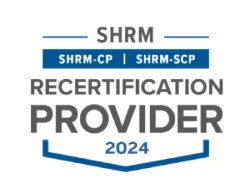New NJ Commuter Law

Governor Murphy signed a new law on March 1, 2019, read here: Commuter Law, requiring certain employers to provide pre-tax commuter fringe benefits to employees. New Jersey employers with at least 20 employees in the state will need to begin offering those employees pre-tax transportation fringe benefits covering commuter highway vehicle and mass transit costs. The program must be implemented by March 1, 2020, or the effective date of New Jersey Department of Labor and Workforce regulations, whichever occurs first.
Covered Employers
The benefit applies to employers and employees covered by New Jersey’s unemployment insurance law. Employers covered by a collective bargaining agreement (CBA) are exempt until any current CBA expires. The mandate doesn’t specify how soon after hire employers must be offered these benefits or impose any notice or posting requirements, but these issues may be addressed in the impending regulations.
Mandated Benefit
The pre-tax commuter benefit must comply with the federal tax code (IRC § 132(f)), which allows employers to offer employees a choice between taxable compensation or nontaxable qualified transportation fringe benefits. Employers must allow covered employees to elect up to the maximum benefit level permitted by federal law ($265 per month in 2019). The mandate applies to travel between a person’s place of residence and place of employment other than in a motor vehicle occupied by one person. Alternative means of commuting include, but are not limited to, public transportation, carpools, van pools, bus pools, ferries, bicycling, telecommuting, and walking.
No Federal Deduction
New Jersey’s law does not allow employers to deduct that expense of the pre-tax commuter benefit from federal corporate income taxes. The federal tax code generally allows a corporate deduction for employee salaries or other compensation, including benefits paid for services. However, Internal Revenue Code Section 274 disallows or limits various employer deductions. The 2017 Tax Cuts and Jobs Act (PL 115-97) eliminated the employer deduction for qualified transportation fringe benefits that are excluded from employees’ taxable income under Section 132(f). The act also requires nonprofit employers to pay unrelated business income taxes on those fringe benefits (IRC § 512(a)(7)). Employers should discuss any New Jersey tax-favored status with their tax advisers.
Employer Next Steps
If a covered employer does not currently offer pre-tax transportation fringe benefits in New Jersey, they will need to do so in the coming year and should keep an eye out for the impending regulations. Check back to Innovative’s website for future updates.
Categories
Archive







